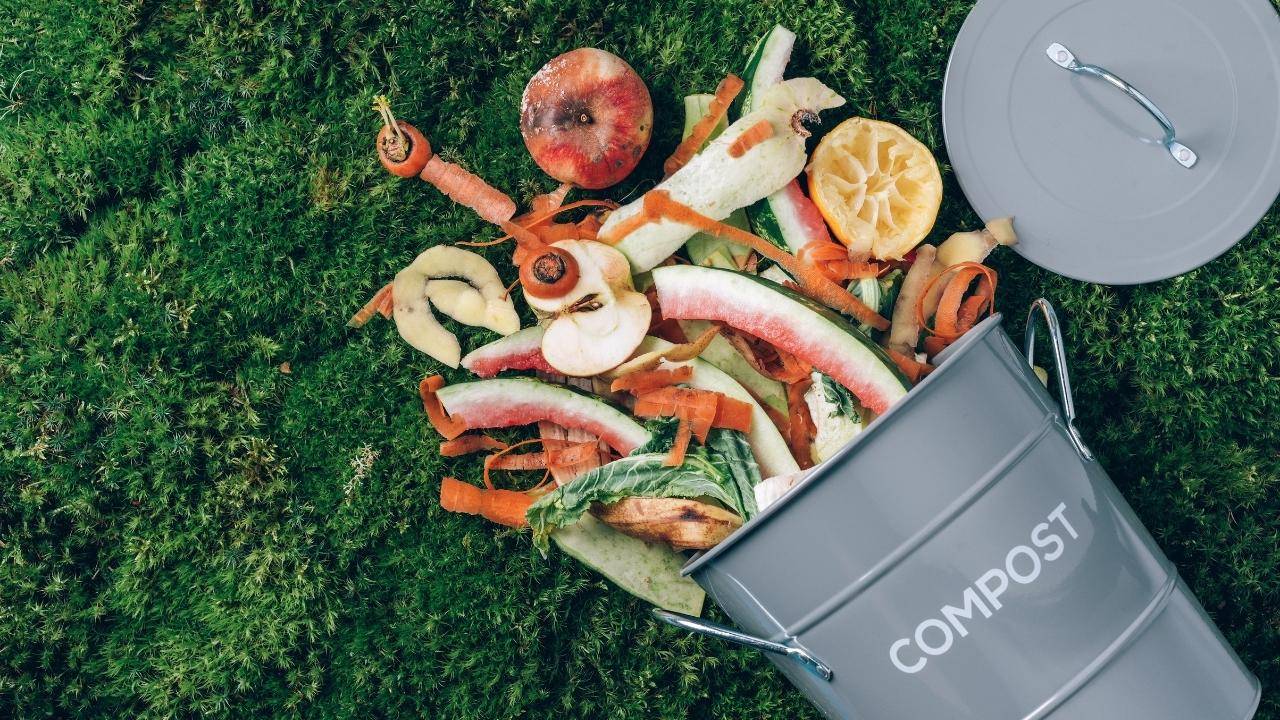New York now requires the biggest source of food waste to either donate excess food or recycle food waste. The idea behind the new legislation is to keep food and the associated methane emissions out of landfills.
With the new law taking effect on January 1, 2022, New York has joined the states that already have similar laws — California, Vermont, Connecticut, Rhode Island, and Massachusetts.
According to EcoWatch, businesses and institutions with an average of two tons of food waste per week now have to donate edible foods and recycle food scraps, provided the business or institution is located within 25 miles of a suitable processing facility.
“While the law will help reduce food waste and related emissions, there are some caveats. This law does not apply to New York City, which already has similar Commercial Organics Requirements in place. These laws took effect in 2020, but the city has extended the warning period until July 2022 due to the pandemic. Hospitals, nursing homes, adult care facilities, K-12 schools, and farms are also excluded from the Food Donation and Food Scraps Recycling Law”
The state agencies estimate that about 7.8 billion pounds of food go to waste each year.
Whoa, that’s the weight of over 17,000 Statues of Liberty!
The new law has many benefits. Apart from reducing the amount of wood waste, it will also provide jobs and create compost that can enrich local soils.
Food donations, on the other hand, will help over 2.2 million people in New York who face food insecurity.
The law proposes a simple food waste hierarchy that all of us can actually adopt in our homes: reduce > donate > compost.
More inspiring green news similar to this:


